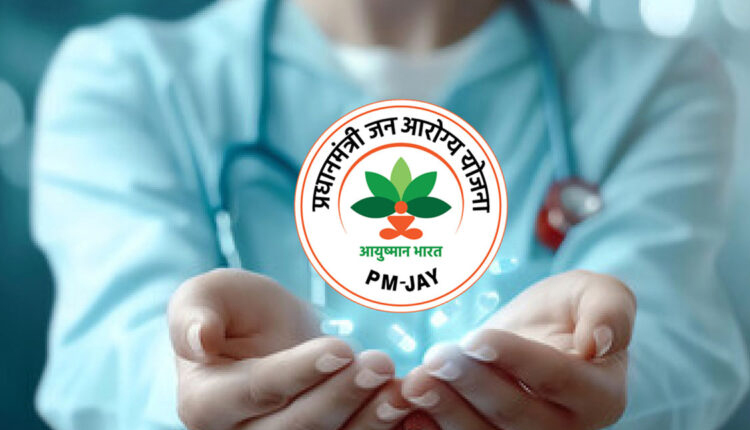New Delhi: In groundbreaking research recently featured in The Lancet Regional Health, the PM-JAY, often academically referred to as Ayushman Bharat, has helped India’s untapped populations in terms of cancer and timely access to treatment.
As one of the organizations sociology-related studies, the paper used a large-sectioned dataset consisting of 6,996 cancer patient records across One of the principal variables of investigation in the research was Time to Initiation (TTI) of treatment, which is important to cancer care.
In its analysis, the study noted that the median TTI was 20 days (IQR 7-39 days); the mean TTI was 53.7 days (SD 192.9). Specifically, TTIs of cancer of the head and neck were slightly longer (median 29, interquartile range 10.5-55.5) and for those receiving radiotherapy as the initial therapy option (27.5, interquartile range 10-49.5).
The following significant outcomes were highlighted: There was little evidence that younger patients, graduates, and male patients were inversely related to delayed TTI. Most critically, patients diagnosed after 2018 were 36% more likely to receive treatment within 30 days as compared to those diagnosed between 1995 and 2017.
The effectiveness of PM-JAY has been acknowledged globally, recognised as the best implementation model for universal health care coverage in developing countries. As more than a quarter of their medical procedures are oncology treatments, the scheme is fully comprehensible as a first step towards making healthcare available for everyone.
This has especially helped the rural and hard-to-reach patients since they have been able to get good cancer treatment before now. PM-JAY has added a human angle to health care services and has made the availability of next-level specialised treatment across the north, east, and west rich and the poor.
At the same time, it must be noted that, despite the numerous accomplishments emphasised in the study, the need for the active expansion and development of the accessibility scheme as an essential means to save people is still underscored by the scheme’s focus on increasing the number of beneficiaries and reducing the time delay for receiving cancer care.
Based on this study, the following argument can be presented: Absent from the reform of the comprehensive health care program could be substantial evidence for health care initiatives to significantly enhance medical outcomes for targeted diseases, including cancer, when implemented with firm governmental support and effective implementation tools.
The results are an important step towards achieving the goal of comprehensive health insurance in India and are a clear example of how carefully developed health care initiatives are able to change the lives of millions of people.



Comments are closed.